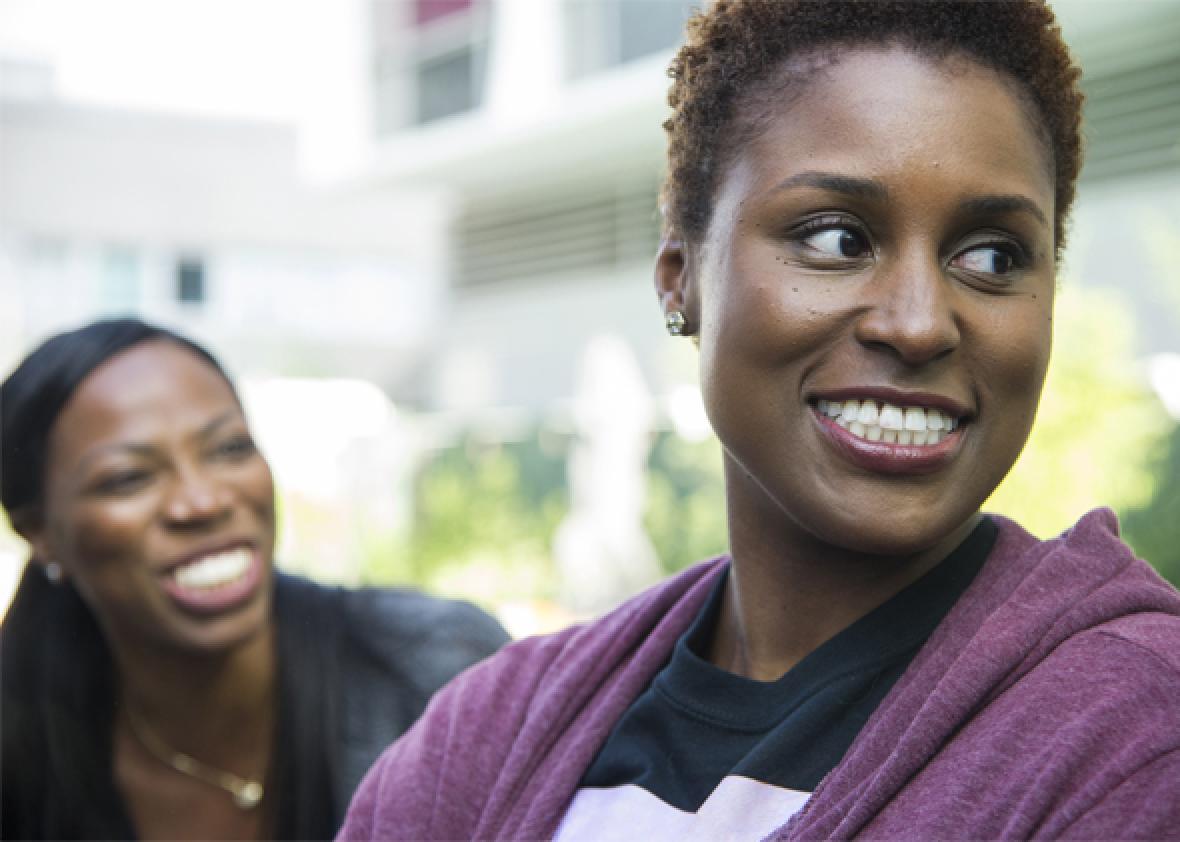Last December, I found myself at a very small holiday gathering of about 10 urban professionals in the gorgeous townhouse of a prominent couple in Gramercy Park in Manhattan. The evening was winding down, and there were several conversations going on in the cozy living room. While chatting with a few of the guests, I caught a snippet of what was being discussed by a few of the women on the couch across from me, all of them white and probably in their late 40s or early 50s. One of the women was gushing about Atlanta, Donald Glover’s idiosyncratic FX series, the show that he’s said he created to show white people that they “don’t know everything about black culture.” She loved it and encouraged the others to check it out. This show that featured a cameo from Migos before Migos had the No. 1 song in the country and inexplicably cast Justin Bieber with a black actor? It was then that I felt something about how black culture is being consumed on screen had fundamentally changed, perhaps for the better.
A recent report from Nielsen backs up my inkling. Several current TV series featuring predominantly black casts or black lead storylines have demonstrated appeal beyond black audiences, pulling in sizable numbers from other demographics. Black-ish, Insecure, Atlanta, and How to Get Away With Murder average more than 50 percent nonblack viewership, and in the case of Black-ish, a surprising 79 percent of its audience is not black. Past series featuring predominantly black casts that had significant appeal outside of black viewers tended to be middle-of-the-road fare: Your Fresh Prince of Bel-Airs and Cosby Shows that rarely waded into sharp political territory (though the former did so more often than the latter) and featured benign, ostensibly family-friendly funnymen at their center. Shows that presented a more specific and targeted brand of black culture and humor, like Martin or Living Single, did not cross over to nearly the same extent.
It says something that in 2017, shows like Atlanta, Black-ish, and Insecure—shows that wear their blackness proudly—are being made and embraced by those who don’t necessarily have those same experiences or even fully understand all of the references and sensibilities. (I wonder how many people had to Google Juneteenth after an Atlanta episode last year or had no clue what an AKA is until Insecure’s Molly was revealed to be one.) In a sense, it’s real progress. But then, there’s a real fear that celebrating this demographic shift too much could reinforce the idea that black viewership isn’t as important or valuable as white viewership, even if black faces are at the forefront of future projects. Perhaps sensing how this data could be twisted, Nielsen also points out in its report that Empire still commands a predominantly black audience (though its nonblack viewership is still pretty high, at around 40 percent) and notes its Emmy nominations, star Taraji P. Henson’s Golden Globe win, and a Cover Girl makeup line inspired by the show.
Black stories do sell, and we’re living in a moment when those stories don’t need to be diluted for nonblack people to want to tune in. Even when the news and the current presidential administration tell us otherwise, there’s a not-insignificant amount of people who are willing to consider the perspectives of a culture other than their own, at least on screen and in fiction. I jumped in on the women’s conversation at the holiday party and seconded the recommendation that the others check it out. The conversation about Atlanta’s nuances and its depiction of black life never got as deep as it has with other black people I’ve talked with or even just people closer to my own age. But it was kind of cool to see that woman find something to love about a show that seemed about as far removed from her own experiences as possible. That’s worth appreciating, at least.
